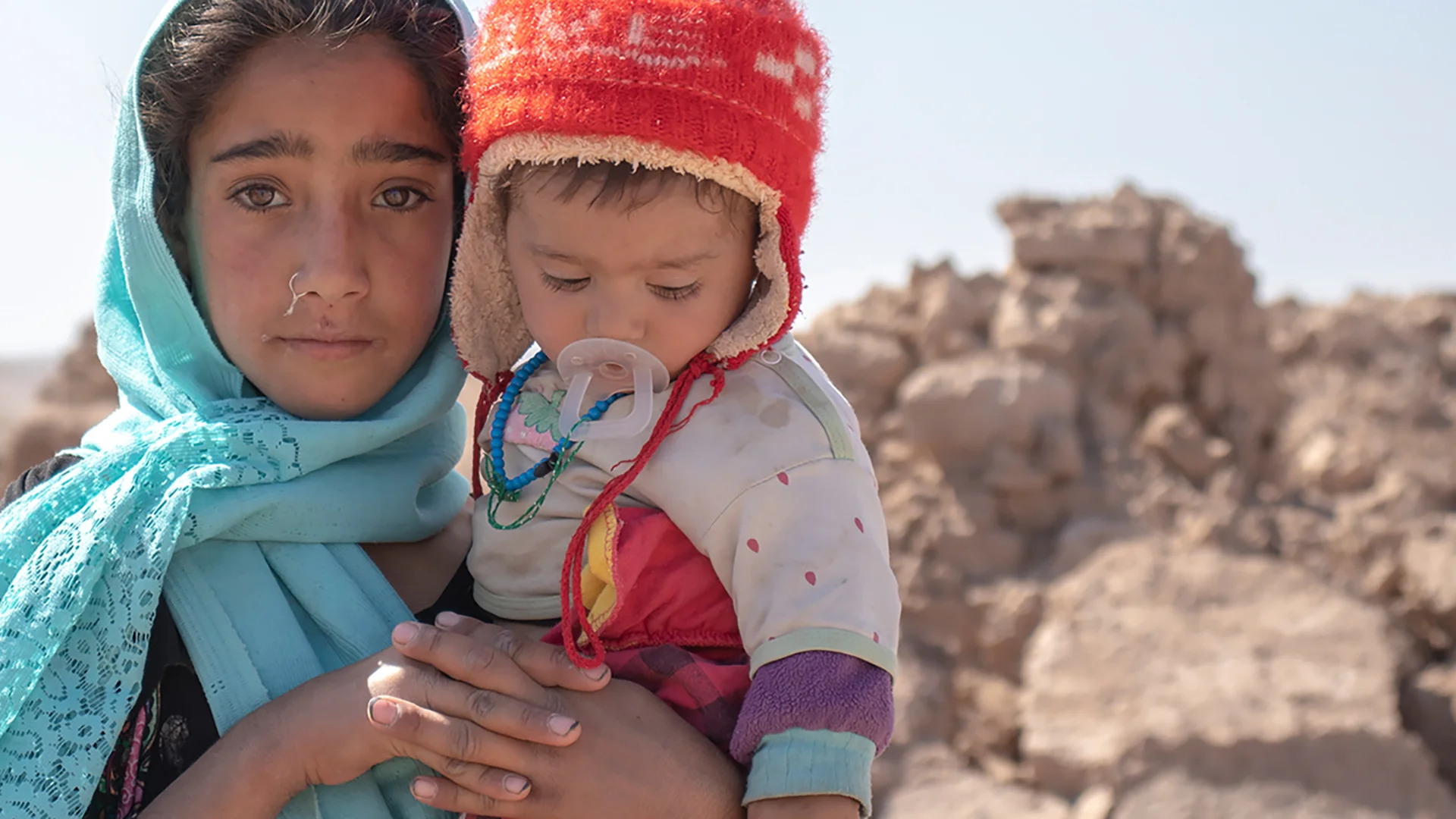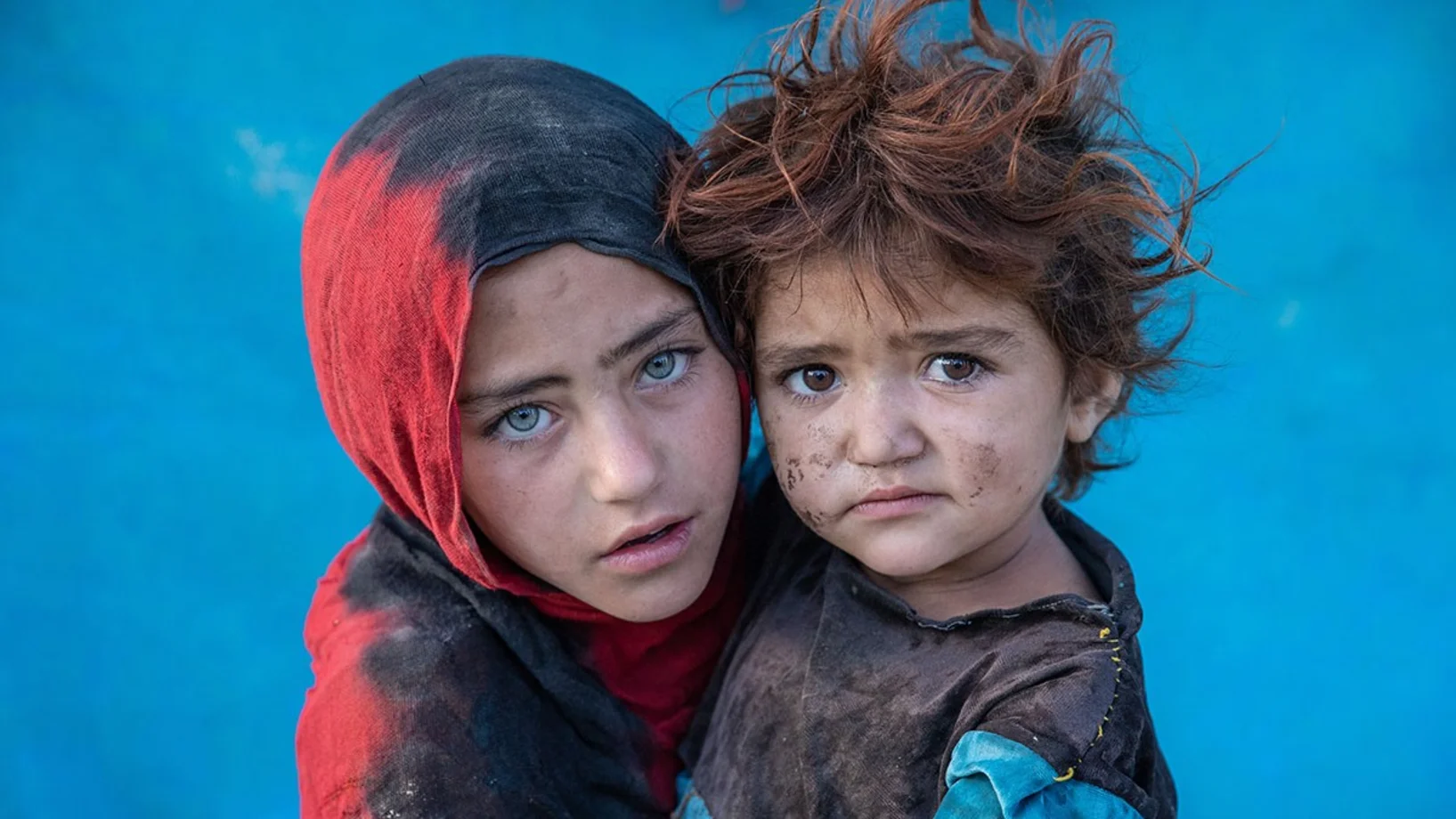Afghanistan is under threat from a humanitarian disaster: weakened by multiple crisessuch as natural catastrophes, conflicts, disease and hunger, people are battling for survival every day. More than half of the population need urgent help, including 15 million children.
The situation
Afghanistan has long been one of the most dangerous places for children. However, the situation for girls and boys has worsened dramatically again since the Taliban took power in august 2021. There are many reasons for this: conflicts, political and economic instability, natural disasters and disease outbreaks are worsening the situation in the country. This is exacerbated by the almost total exclusion of girls and women from public life.
More than half of the population in Afghanistan, including 15 million children, is in urgent need of humanitarian aid.
Afghanistan is one of the countries in the world most severely threatened by climate change. Earthquakes, flooding and other natural disasters regularly plague the region. Ongoing periods of drought are destroying most of the harvests. People throughout the country do not have enough to eat, including one million children under five years who suffer from acute malnutrition. Fifty percent of the population also does not have access to clean drinking water, which increases the risk of outbreaks of diseases such as cholera and other diarrheal diseases.
How your donation helps
UNICEF has been working in Afghanistan for over 70 years, providing life-saving aid. Despite the fragile security situation, we do not want this to change. Even now, we remain on the ground with the people in Afghanistan. Because they need us now more urgently than ever.
We are staying. For every child.
In emergencies, we provide emergency medicine to healthcare facilities and emergency tents to overextended clinics. We send out health and nutrition teams to support the children with basic medical care and urgently needed psychosocial assistance.
Depending on the situation, we also distribute other emergency supplies crucial to survival, such as clothing, blankets, weatherproof tents and hygiene articles. We regularly distribute clean drinking water to refugees in emergency camps and to families in areas that are particularly affected by the drought. Therapeutic food is provided to undernourished children to help them regain their strength. Babies and small children also receive lifesaving inoculations to protect them against dangerous diseases. Our mobile healthcare stations in the country allow us to reach countless children and give them medical care. We also create child-friendly spaces in many emergency camps where girls and boys can have a safe place to play and work through their traumatic experiences.






